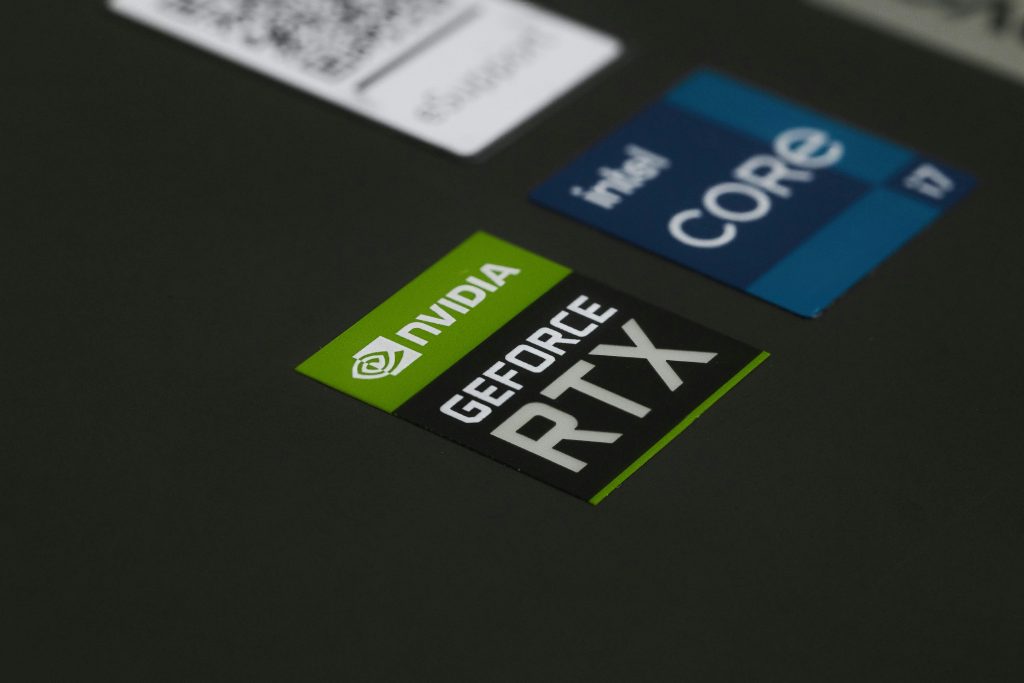Understanding and Resolving Laptop Fan Buzzing and Performance Issues: A Comprehensive Guide
Introduction
Many laptop users encounter perplexing issues such as unusual fan noises and sudden performance drops. These symptoms can often be confusing—are they caused by hardware problems like a faulty fan, or could they be related to malware or other software-related issues? In this article, we explore potential causes behind a buzzing laptop fan, examine whether malware could be at play, and outline effective troubleshooting steps to restore your device’s health.
Could Malware Be Responsible for Fan and Performance Problems?
It is understandable to suspect malware when experiencing unusual system behavior. Malware infections can lead to increased CPU and memory usage, which in turn can cause your laptop’s cooling system to work harder and fans to spin faster or produce noise. Notably, if your built-in antivirus software has detected malware, it’s worth investigating whether the infection is causing the observed issues.
Signs that malware may be affecting your system include:
– Sudden spikes in CPU or memory usage
– Unexpected system slowdowns
– Unfamiliar processes running in Task Manager
– Pop-up advertisements or unwanted network activity
If malware is suspected, it’s essential to run comprehensive scans with reputable security tools, and consider removing any identified threats before proceeding with hardware checks.
Troubleshooting Steps
- Perform a Full System Malware Scan
- Use your installed antivirus software for a deep scan.
- Consider additional tools like Malwarebytes for thorough detection.
-
Ensure your virus definitions are up-to-date.
-
Monitor System Resources
- Open Task Manager and identify processes consuming excessive CPU or memory.
-
Terminate suspicious or unnecessary processes if safe to do so.
-
Check the Hardware
- Listen for abnormal fan noises when the system is idle.
- Use system monitoring tools to assess CPU temperature and fan speeds.
-
Ensure that vents are clean and free of dust, which can impede cooling.
-
Resetting Your PC
- If malware removal and hardware checks do not resolve the issue, consider resetting your Windows installation.
- You are currently attempting a reset while retaining some files, which can often resolve software-related problems without data loss.
- A full reset (or clean installation) can eliminate stubborn malware and corrupt system files that might be causing high CPU usage and overheating.
Is a Full Reset Likely to Fix the Issue?
A full reset can be effective if the root cause is software-related, such as malware or
Share this content:



